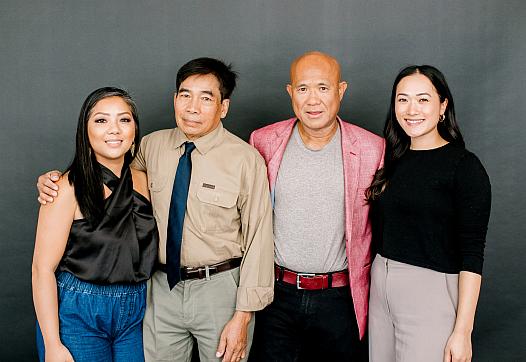
Genocide survivor Robert Chau and his daughter share healing stories on their podcast, preserving Khmer Rouge survivor narratives and fostering intergenerational healing.

Genocide survivor Robert Chau and his daughter share healing stories on their podcast, preserving Khmer Rouge survivor narratives and fostering intergenerational healing.
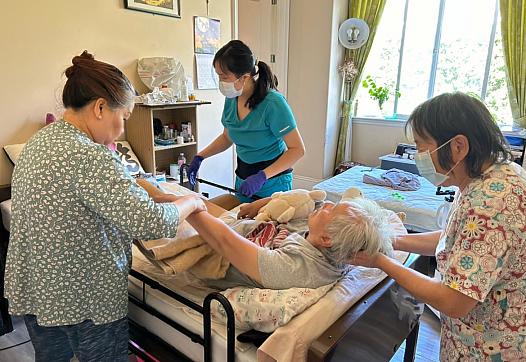
Zongjin Wu, 76, dedicates himself to caring for his wife Alice, who has advanced Alzheimer’s, despite financial strain and physical challenges, reflecting deep love and cultural values of filial piety.
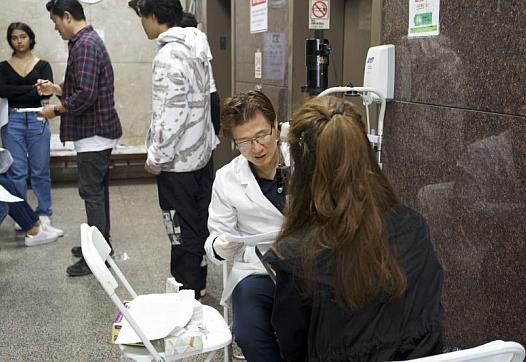
Despite Medi-Cal expansion to allow all immigrants, regardless of immigration status, to qualify for health care coverage, some undocumented Koreans are leery of signing up and those who do face long wait times.
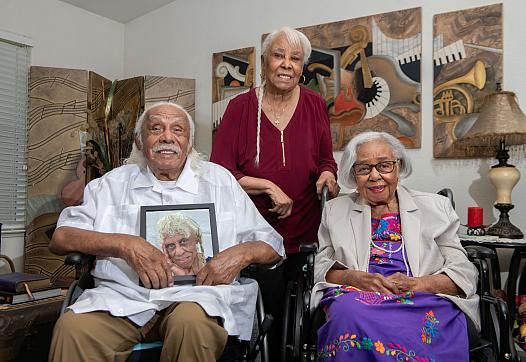
Tony Francis (97) argues that the “powers that be” don’t pay enough attention to the health needs of Black seniors. He and his three nonagenarian siblings credit their longevity to close family ties.
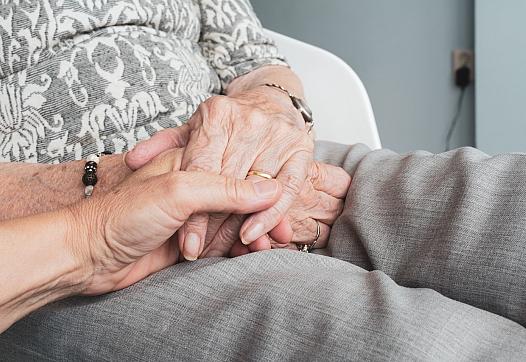
Angela Khang's father’s disappearance highlights stigma, misconceptions, and cultural barriers around dementia in Chinese communities, delaying diagnosis, care, and support access.
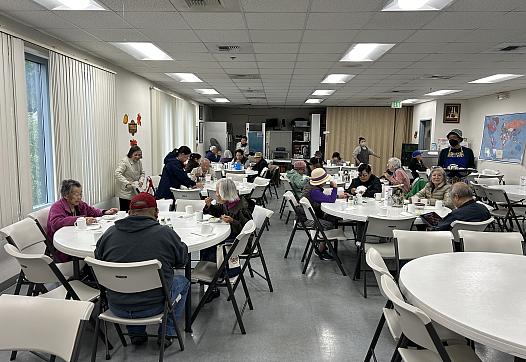
Santa Clara County addresses food insecurity among Asian seniors with culturally tailored meals, boosting health and community through programs like Yu-Ai Kai, India Community Center, and vendor partnerships like Moonstar.
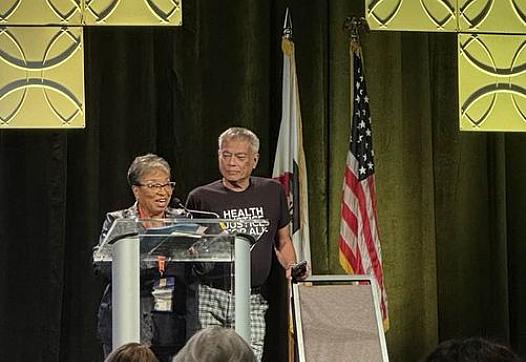
Former legislator Cheryl Brown is the two-time chair of the California Commission on Aging. She took part in the advisory committee for Gov. Gavin Newsom’s Master Plan for Aging and continues to serve on its Equity Advisory Committee on Aging and Disability. She discusses California's master plan on aging, and notes that “equity is about ensuring that we intentionally uplift the voices of people who are underrepresented, underserved and unheard." That includes communities of color.
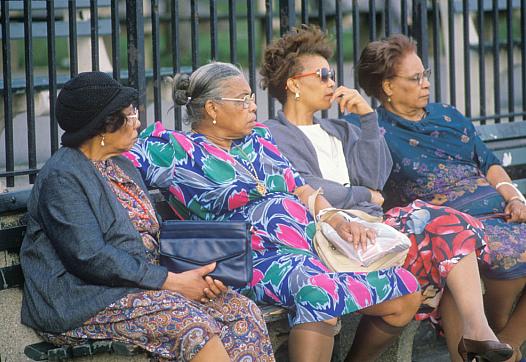
Californians are living longer and the state’s aging population has forced policymakers to focus more on the growing ranks of older adults as they plan for the state’s future. Black experts in the field want to ensure that African American seniors aren’t left out of the conversation. Representation in research and recruitment in academia matters, but these remain huge unsolved challenges.
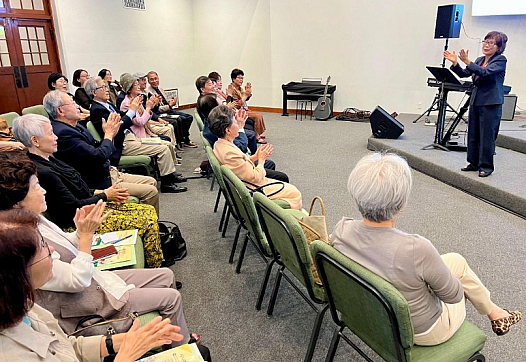
Preparing for death is often seen as a foreign concept in the Korean community. Managing living conditions is emphasized over preparations for death. Somang Society, a senior led organization has come up with the campaign “Well Being, Well Aging, and Well Dying” to create a “beautiful life and a beautiful end.” Korean seniors are invited to discuss dementia diagnosis and coping, advance directives, and body donation pledges to be aware of their physical and mental health and to prepare for death in a way that brings emotional stability.
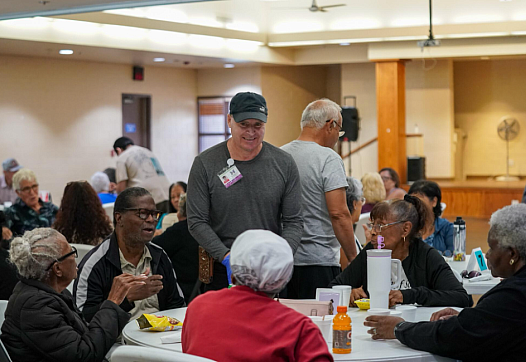
At the Moreno Valley Senior Center in Riverside county, California, up to 250 seniors are served on any given day. The food is just one draw. Seniors attend the lunch program for regular companionship, which helps to stave off loneliness and a sense of social isolation.